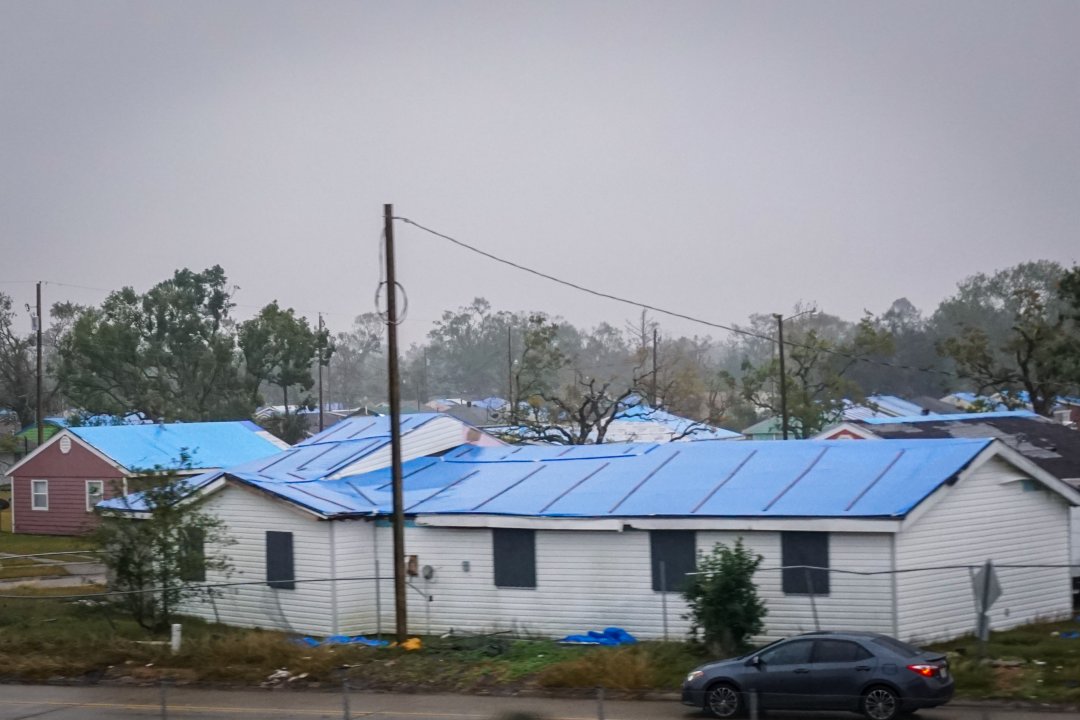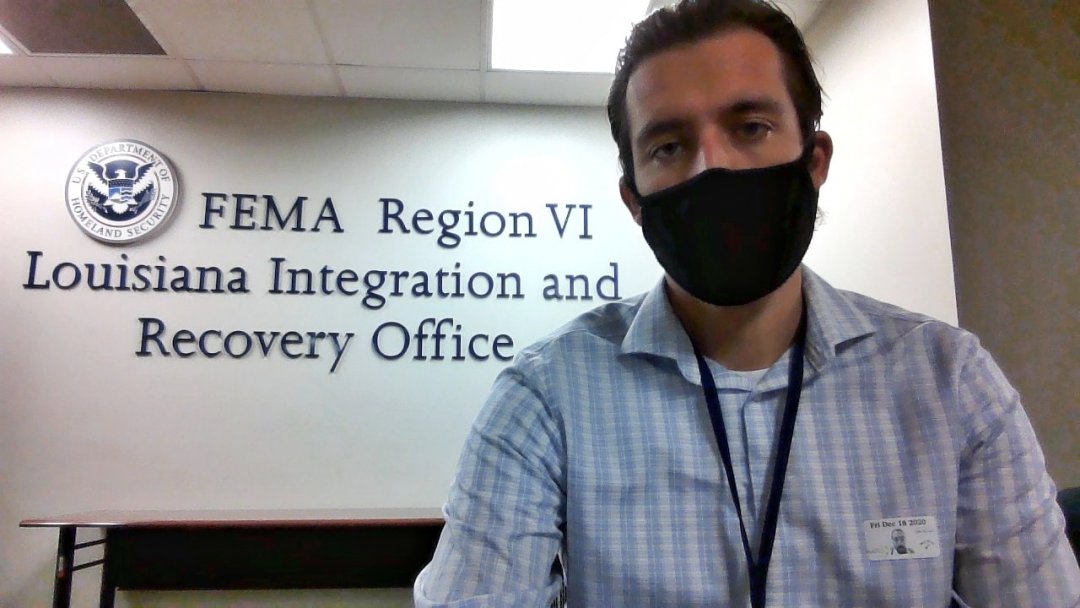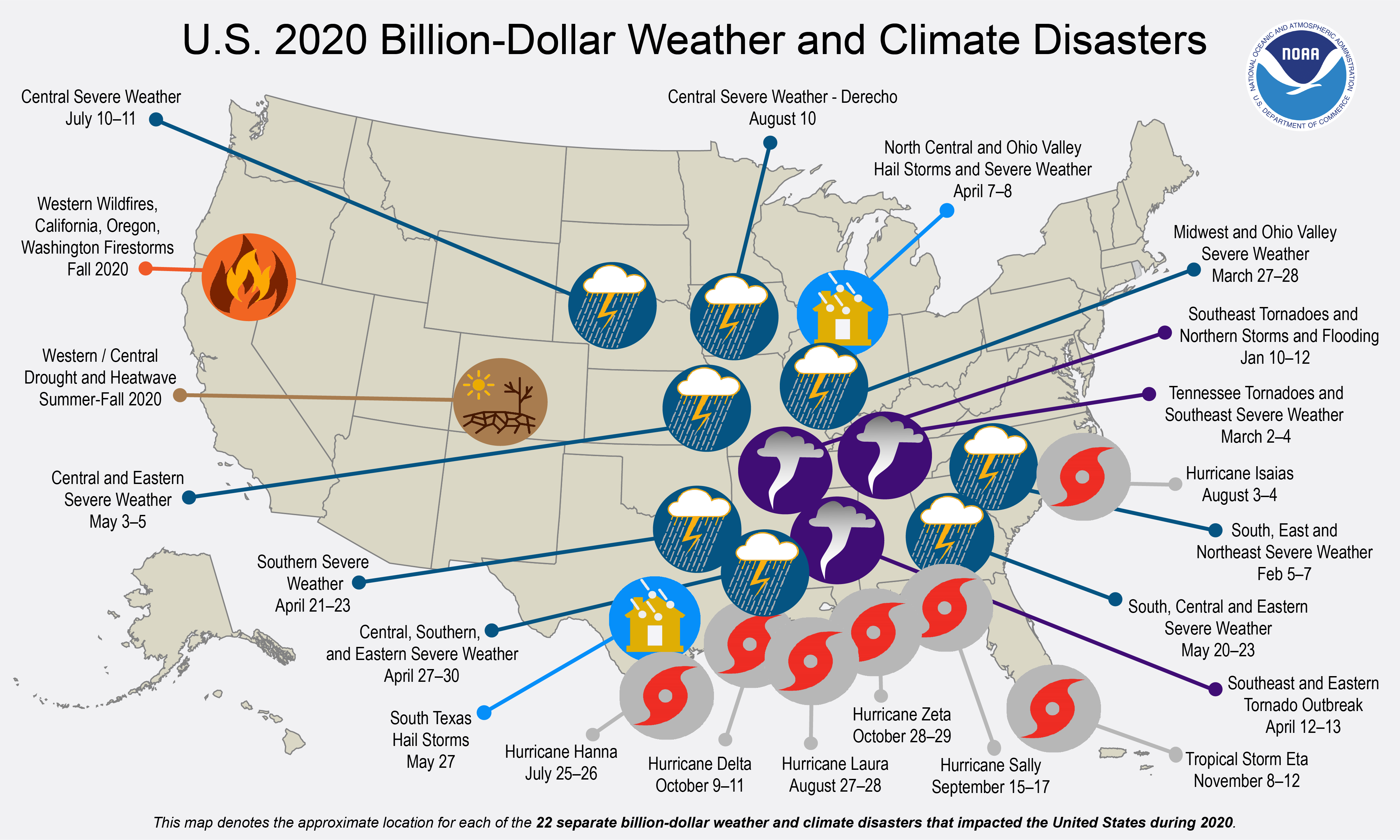
When Jake Meyers was first told to go into lockdown, he did so as a Master's of Development Practice (MDP) student and initial member of the Humanitarian Assistance Technical Support (HATS) Project. The world was busy collectively adapting to this new normal, which was no different for the HATS project. "As the world realized we would need to remain in isolation for many months to come, the need to collaborate in a virtual environment became obvious," explains Jake. As HATS sought to establish the University of Arizona as a recognized center of learning and knowledge production, Jake worked with the HATS team to develop ways in which USAID could leverage the university's expertise.
As an MDP student, Jake was well aware of Arizona's breadth of knowledge as one engaged in multi-disciplinary approaches to international development. "As a student, I explored different courses and learning opportunities across many schools and institutes. What excited me the most about HATS was the initiative to create a knowledge network across the University's diverse array of technical experts and world class research institutes." Jake worked with the HATS team to establish a faculty network of professors who could provide meaningful contributions to our shared understanding of humanitarian assistance. While the team was unable to organize any in-person events due to COVID-19, HATS was
able to identify key players and resources already available at Arizona that could respond to the complex challenges of humanitarian disasters.
Jake quickly learned that the organizational hierarchy within the University could prevent the dissemination of information. At a university as large as Arizona, it is easy for faculty members to operate within silos of their own schools and institutes. "For HATS to be successful, we needed to manage the University's knowledge in a way that not only captures existing expertise but can also organize and leverage resources in a way that actively encourages novel collaborations," explains Jake.
 This field of knowledge management, while new to Jake, is a guiding principle to the fields of humanitarian assistance and emergency management. After graduating from Arizona and leaving the HATS team shortly thereafter, Jake started a position as an Emergency Management Specialist within FEMA's Continuous Improvement Program (CIP). CIP was born out of the Post-Katrina Emergency Management Reform Act following the devastation caused by Hurricane Katrina. "Essentially, my job is to collect, validate, and analyze lessons learned from disasters and provide actionable information to decision-makers through the dissemination of after-action reports and other knowledge products."
This field of knowledge management, while new to Jake, is a guiding principle to the fields of humanitarian assistance and emergency management. After graduating from Arizona and leaving the HATS team shortly thereafter, Jake started a position as an Emergency Management Specialist within FEMA's Continuous Improvement Program (CIP). CIP was born out of the Post-Katrina Emergency Management Reform Act following the devastation caused by Hurricane Katrina. "Essentially, my job is to collect, validate, and analyze lessons learned from disasters and provide actionable information to decision-makers through the dissemination of after-action reports and other knowledge products."
CIP is housed under FEMA's Organization for Resilience and armed with the mandate to identify best practices and opportunities for change. One of Jake's primary duties is to serve as CIP's Knowledge Management Project Lead. "Without knowledge management, we will never be resilient to disasters," says Jake. "What's the point of documenting lessons learned if our organizations can't put knowledge into practice?"
"My time spent at Arizona working with the HATS team introduced me to the field of knowledge management. I'm excited to apply what I learned in the context of my current role at FEMA during these unprecedented times," states Jake. In addition to COVID-19, 2020 was a record-breaking year for natural disasters. There were 30 named storms during the Atlantic Hurricane Season; 12 made landfall, 5 of which hit Louisiana.
In response to Hurricanes Laura and Delta, Jake was deployed to Baton Rouge to identify best practices to hurricane response in a pandemic environment. "During my time in the field, I had the chance to cut across the silos of different operational units within FEMA. I was able to capture important lessons learned from a variety of different experts. Without the effective management of knowledge, we are doomed to repeat
past failures in future disasters. What keeps me hopeful during times of COVID-19 is that there seems to be a growing appetite for investing in knowledge management as a means of building resilience. We can all be effective agents of change and build resilience to disasters if we embrace the guiding principles of knowledge management as a means of collaborating and leveraging shared information."


